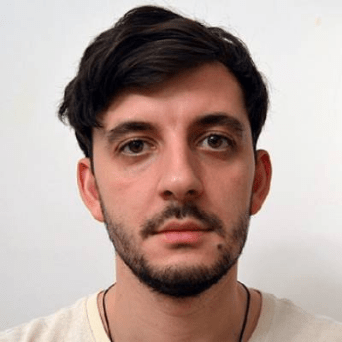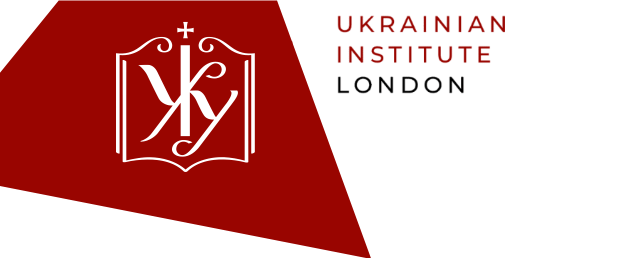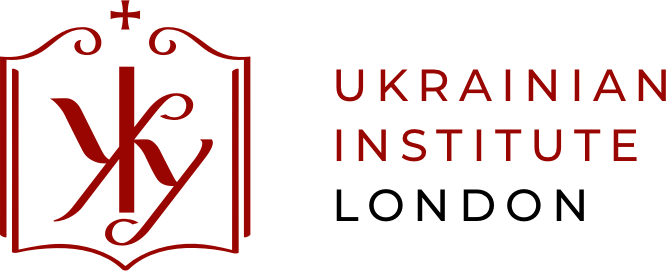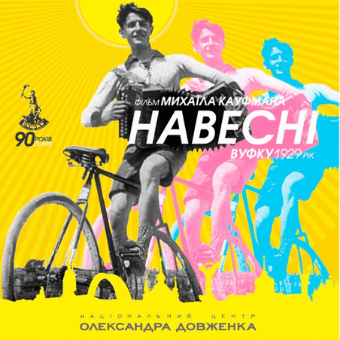Speaker
Stanislav Menzelevskyi
Stanislav Menzelevskyi is Head of Research and Programming Department, Oleksandr Dovzhenko National Center. He received a bachelor’s and master’s degree in Cultural Studies from National University of “Kyiv-Mohyla Akademy”. He is an ex-member of the Editorial Board of Political Critique, Commons, and ProStory magazines. Co-founder and member of Editorial Board of Medusa publishing house. As Head of Research and Programming Department at the Oleksandr Dovzhenko National Center, he researches silent and sound soviet cinema, writes articles on cinematic and cultural topics, organises film screenings and retrospectives (in 2015, curated Ukrainian Avant-garde retrospective at Arsenal film center, Berlin). He Co-authored Atomopolis. Assembling Utopia (2016). In 2013, was a Carnegie visiting scholar at the Harriman Institute, Columbia University.




